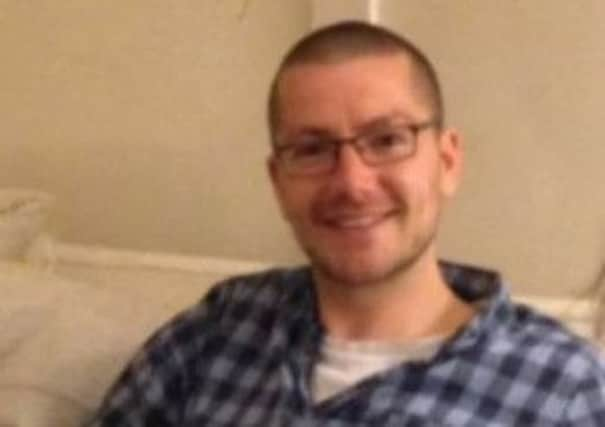Family of UK Ebola victim praise doctors


In their first public statement since the 29-year-old volunteer nurse was flown back to the UK on Sunday night for emergency treatment, his family thanked those who arranged his return.
They also urged Britons to consider the thousands of people in West Africa affected by and dying of the virus because they lack adequate medical care.
Advertisement
Hide AdAdvertisement
Hide AdMr Pooley’s family said: “We would like to express our thanks to all involved in bringing our son back to the UK. We have been astounded by the speed and way which the various international and UK government agencies have worked together to get Will home.
“Will is receiving excellent care at the Royal Free Hospital and we could not ask for him to be in a better place.
“We would like to thank all our family and friends for their best wishes and ask everyone to remember those in other parts of the world suffering with Ebola who do not have access to the same healthcare facilities as Will.”
Mr Pooley, who comes from the village of Eyke in Suffolk, contracted the potentially deadly virus while in Sierra Leone, where he had been volunteering at an Ebola centre in Kenema.
He was airlifted by a specially equipped C17 RAF jet back to Britain and is being treated in an isolation ward at the Royal Free Hospital in north London.
There is no known cure for Ebola, which is transmitted through sweat, blood and saliva. The World Health Organisation said that more than 2,500 people have been killed so far by the latest outbreak in West Africa, where the fatality rate stands at 90 per cent if it goes untreated.
The round-the-clock care Mr Pooley is receiving will massively improve his chances, but experts said his treatment could take weeks and there is no guarantee he will survive.
It is not yet known if he will be given the experimental drug ZMapp, used to successfully treat two American aid workers. The drug’s manufacturers have said their stocks have been exhausted because of the high demand.
Advertisement
Hide AdAdvertisement
Hide AdMr Pooley had originally travelled to Sierra Leone to volunteer at a hospice in the capital, Freetown, treating HIV and cancer patients. He moved to the Kenema Government Hospital when he heard of its need for medics after other healthcare workers died from Ebola.
Oliver Johnson, a friend of Mr Pooley who worked with him in Sierra Leone, said he was an “extraordinary guy” who knew the risks but was prepared to take them for the sake of the patients.
Dr Johnson, programme director of King’s College London’s Sierra Leone partnership, said: “He and I spoke about the risk together … He also knew, though, that he was well trained and there were good precautions in place, so it was a measured risk. But where he was in Kenema a number of staff had become sick.”
Dr Robert Garry, an American colleague at the Sierra Leone hospital, said Mr Pooley received his test results in the early hours of Saturday.
Dr Garry added: “It’s a very honourable thing. He saw the need. He read about our nurses who were unfortunately dying there and took it on himself to come over and volunteer.”
Professor John Watson, deputy chief medical officer, insisted that “the overall risk to the public in the UK remains very low”.
He said: “We have robust, well-developed and well-tested NHS systems for managing unusual infectious diseases.”